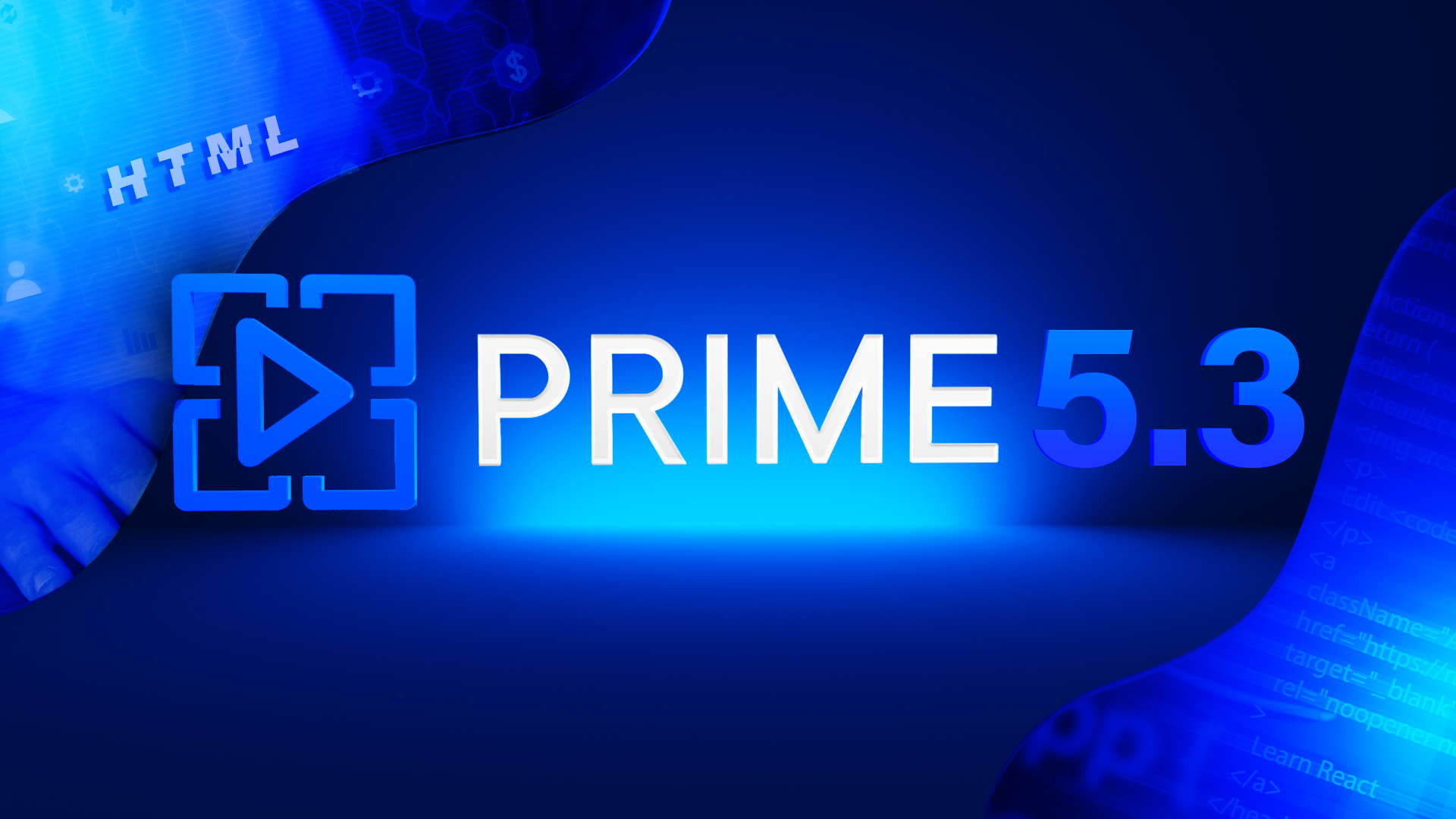BBC scraps digitization project after spending $150 million
The professional video industry's #1 source for news, trends and product and tech information. Sign up below.
You are now subscribed
Your newsletter sign-up was successful
The BBC has given up on an ambitious, and ultimately premature, plan to digitize production and media archiving after spending $150 million on the project that began in 2008.
The failure is a blow to the BBC’s reputation for technical leadership, but is really attributable to over ambition and being too early in the era of digital production, at a time when many of the relevant tools and techniques were themselves only just evolving. Another factor was the extent and complexity of the BBC’s audio-visual archive, spanning a wide range of formats dating back almost a century to its foundation in 1922.
The project had been under growing scrutiny for two years, culminating in an internal review starting late 2012. This has now reported that the project had failed and could not be recovered without risking throwing good money after bad, which would be politically unacceptable given that the BBC is financed primarily by license fee income from UK households. The project has turned out to be a “huge waste of license fee payers’ money”, according to BBC chief executive Tony Hall. “There are serious concerns about how we managed this project,” Hall added. “It’s struggled to keep pace with new developments and requirements both within the BBC and the wider broadcasting industry.”
Hall was highlighting, here, the combination of over-ambition and poor timing when the nascent digital production scene was in early evolution. A number of other broadcasters have waited up to several years longer to embark on workflow digitization and have then proceeded in smaller chunks rather than attempting to accomplish the whole process under a single project. The BBC has also been criticized for going it all alone, having brought the project back in-house after earlier outsourcing to Siemens.
Some other broadcasters have taken digitization more slowly with the help of partners, such as Denmark’s public TV station TV 2, which has been working with cloud-based content storage management vendor Front Porch Digital for digital storage and online delivery. First, it created a common digital asset repository around Front Porch Digital’s DIVArchive Content Storage Management (CSM).
Then, TV 2 integrated DIVApublish mpx, Front Porch Digital's software-as-a-service (SaaS) publishing system, into its video delivery workflow, to manage online publication of its short-form editorial video content. The third stage, yet to come, is to add delivery of premium content stored in the DIVArchive CSM system.
TV2 has cited increased speed to market for new online features and functionality, such as Facebook sharing, as a major competitive edge gained by digital delivery. This highlights an additional cost for the BBC over its digitization failure, which will be a delay in obtaining the potential revenue gaining benefits that it was supposed to bring.
The professional video industry's #1 source for news, trends and product and tech information. Sign up below.
